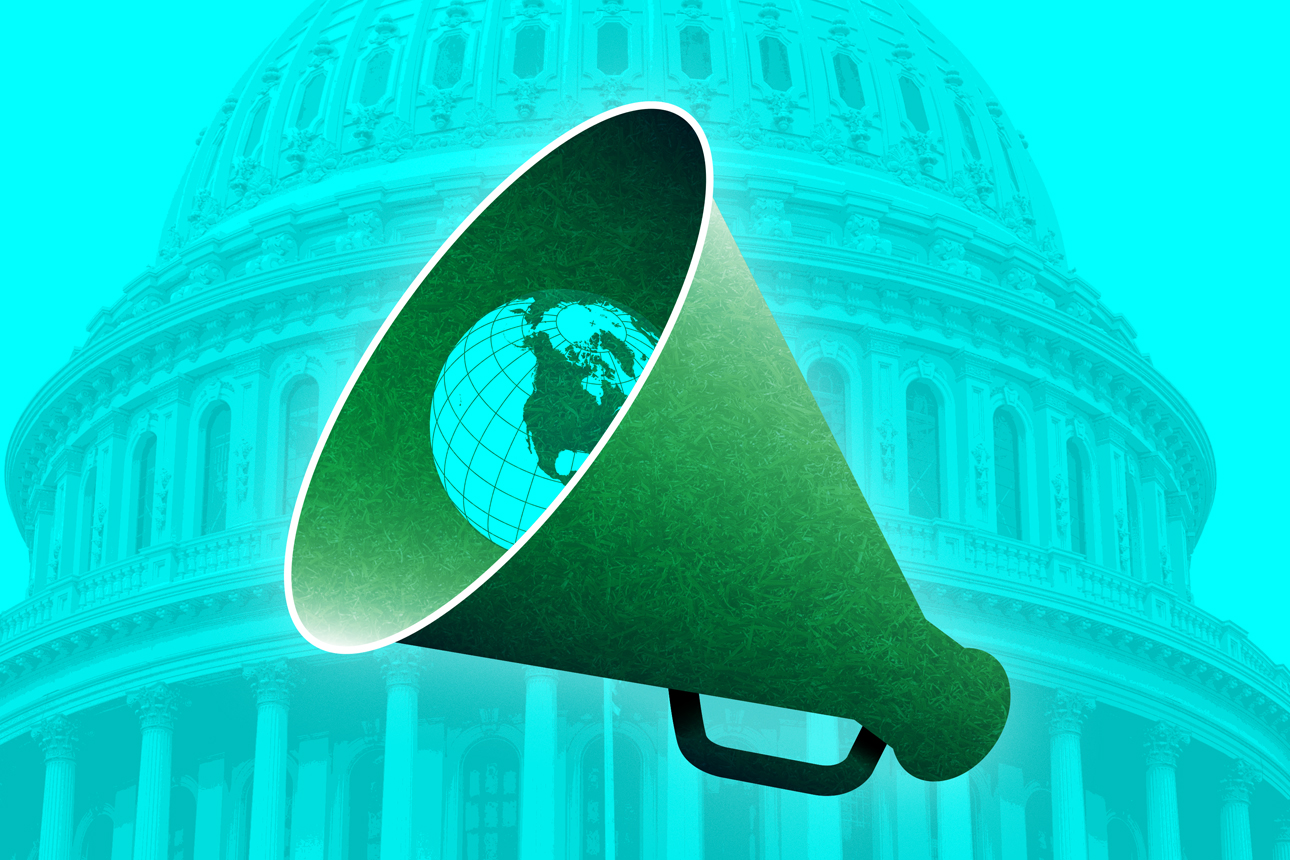Organizations that want to make real progress on sustainability need to build a business case for climate lobbying.
Topics
Frontiers
An MIT SMR initiative exploring how technology is reshaping the practice of management.
More in this series
MIT SMR/Joshua Sukoff/Unsplash
In recent years, thousands of companies worldwide have made net-zero commitments to meet the urgent challenge of climate change. Many are investing in product and business model innovation or in supplier engagement programs to drive down emissions. But all too often, one of the most powerful tools a company has at its disposal is ignored by corporate leaders who are serious about sustainability: lobbying.
The huge social and environmental challenges we face will not be solved without effective public policy — and business has an indispensable role to play in making that happen. As Alberto Alemanno, founder of The Good Lobby, has argued, “The misalignment between what companies say and lobby for” is possibly the major factor preventing advances on major societal issues. Harnessing the political power of the thousands of companies that have committed to reducing their own greenhouse gas emissions to lobby for stronger climate policies has the potential to be transformative.
Get Updates on Transformative Leadership
Evidence-based resources that can help you lead your team more effectively, delivered to your inbox monthly.
Please enter a valid email address
Thank you for signing up
A CEO or CFO might agree in principle that their company should be lobbying for climate action, but allocating serious resources to the effort is where it gets tough. In 2022 alone, the oil and gas industry spent an estimated $124 million on lobbying the U.S. federal government, resulting in, for example, concessions to the industry in the 2022 Inflation Reduction Act. While exact figures aren’t available, companies in other sectors with much to gain from a successful transition to net zero aren’t investing anywhere near that kind of money in pro-climate action lobbying.
Why not? The World Resources Institute (WRI) has identified seven barriers to business leadership on climate policy, some of which are internal (related to organizational structure or technical capacity, for example) while others are external (the role of trade associations or the threat of a political backlash, for example). During a recent workshop with leaders from companies that already invest in some advocacy on sustainability issues, the Volans team that I’m part of asked participants to rank the barriers based on their experiences. The one that most companies ranked first was “competing priorities.” Here’s WRI’s explanation of the problem:
Climate change is not a top advocacy priority for most companies. Many companies see climate policy as “not in our lane” if they are not major emitters, energy-intensive users, or clean energy producers.
Reprint #:
“The MIT Sloan Management Review is a research-based magazine and digital platform for business executives published at the MIT Sloan School of Management.”
Please visit the firm link to site






